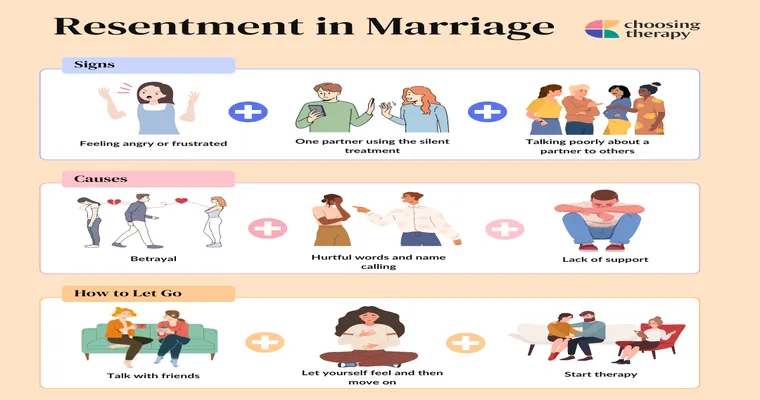Being a "caregiver" is a noble and often challenging role that requires a unique set of skills and personal qualities. While many individuals possess the compassion and dedication necessary to provide care for others, "not everyone is cut out to be a caregiver". Understanding the demands of caregiving is crucial for both potential caregivers and those seeking care for their loved ones. In this article, we will explore the characteristics that define a successful caregiver and the reasons why this role may not be suitable for everyone.
First and foremost, a successful caregiver must exhibit "empathy" and "patience". Caregiving often involves dealing with individuals who may be experiencing physical, emotional, or mental challenges. A caregiver must be able to put themselves in the shoes of the person they are caring for, understanding their feelings and needs. This level of compassion can be emotionally taxing, and not everyone has the capacity to maintain this level of emotional involvement consistently.
Moreover, caregiving requires strong "communication skills". Caregivers must be able to effectively communicate with patients, family members, and healthcare professionals. This includes not only verbal communication but also the ability to read non-verbal cues and respond appropriately. Those who struggle with communication may find it difficult to navigate the complexities of care, leading to misunderstandings and potential conflicts.
Another essential quality of a caregiver is "resilience". The caregiving journey can be unpredictable and often comes with its share of stress and burnout. A caregiver must be able to cope with the emotional toll that comes from witnessing the struggles of those they care for. For individuals who may already be dealing with stress in their own lives, taking on the role of a caregiver can be overwhelming.
Furthermore, caregivers must possess strong "organizational skills". Managing medications, appointments, and daily routines requires a level of planning and organization that not everyone can handle. Those who are easily overwhelmed by chaos or who struggle to keep track of multiple responsibilities may find caregiving to be a daunting task.
Additionally, a successful caregiver should have a solid understanding of the "healthcare system". This includes knowledge about medical conditions, treatments, and the logistics of accessing various healthcare services. Individuals without this knowledge may feel lost in the caregiving process, which can lead to frustration and inadequate care.
Lastly, the emotional impact of caregiving can lead to "compassion fatigue". This condition occurs when caregivers become emotionally drained from the constant demands of caregiving. Individuals who are not prepared for this emotional toll may find themselves feeling resentful or overwhelmed, which can negatively affect the quality of care they provide.
In conclusion, while the role of a caregiver is incredibly rewarding, it is not a suitable fit for everyone. Those considering becoming a caregiver should take the time to reflect on their personal strengths, emotional resilience, and ability to handle the challenges that come with this important role. Recognizing that "not everyone is cut out to be a caregiver" can help ensure that both caregivers and those in need of care receive the best support possible.





